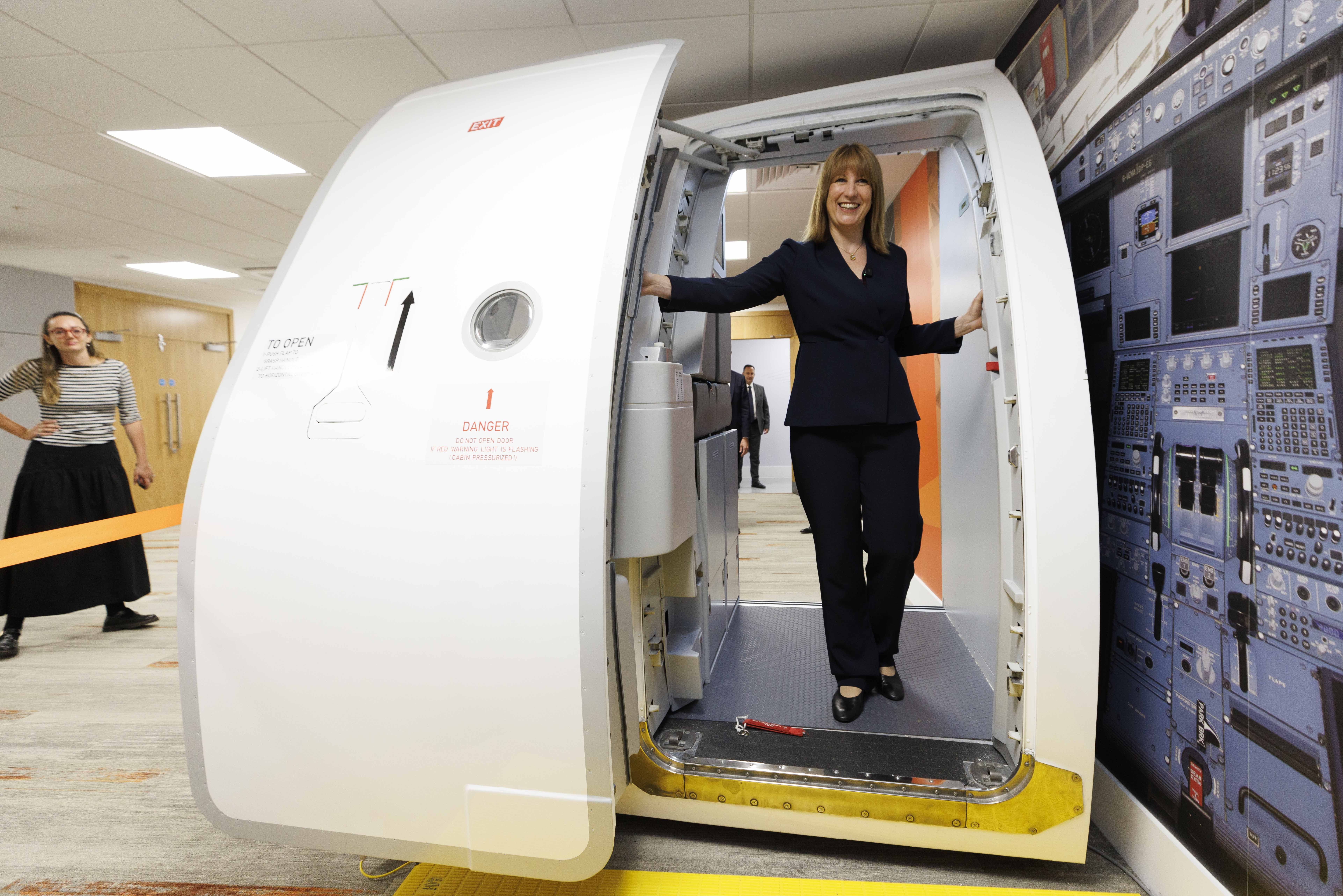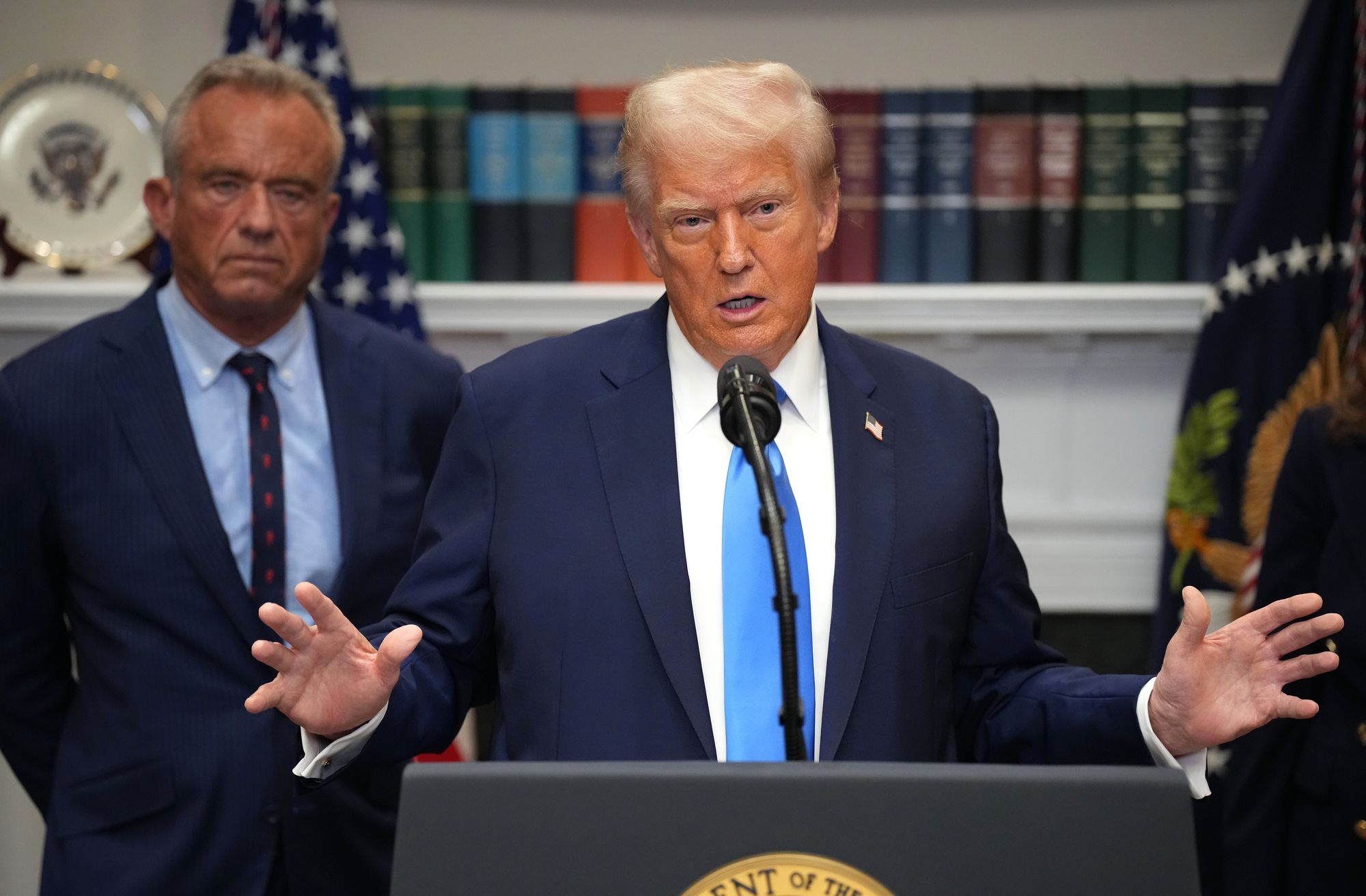Rachel Reeves has suffered a fresh blow ahead of her autumn Budget with an international report warning that her high-tax and spend policies will stifle economic growth and cause a surge in inflation.
The Organisation of Economic Co-operation and Development (OECD) said Britain’s “tighter fiscal stance” will see growth ease sharply, from 1.4 per cent this year to 1 per cent in 2026.
Economists from the influential organisation also predicted that the added impact of Donald Trump’s tariffs will give the UK one of the highest rates of inflation in the G7 leading economies.
The conclusions come as Ms Reeves is under pressure to hike taxes even more in her Budget to close a black hole in her spending plans, believed to be around £40bn.
For a chancellor who came into office last year with the “no one mission” of bringing about economic growth, the report makes for difficult reading.

It warned that inflation in the UK is expected to reach 3.5 per cent this year, 0.4 percentage points higher than its previous forecast, and still remaining far above the Bank of England's target in 2026, at 2.7 per cent, with soaring food prices pushing up the cost of living.
This would see the UK suffering the second highest rate of inflation in the G7 next year, behind only the US, according to the report.
While the OECD nudged up its 2025 forecast for UK gross domestic product (GDP) from the 1.3 per cent it predicted in June, it kept the outlook unchanged for 2026 in what will mean a steep pull back in growth over the year ahead.
However, a defiant Ms Reeves said: “These figures confirm that the British economy is stronger than forecast – it has been the fastest growing of any G7 economy in the first half of the year.
“But I know there is more to do to build an economy that works for working people – and rewards working people. That is what I’m determined we deliver through our Plan for Change.”
But Tory shadow chancellor Sir Mel Stride said: "The OECD confirms what hard -working families already feel - under Labour, Britain is in a high tax, high inflation, low growth doom loop.
"Rachel Reeves seems to think the solution is yet more tax rises. The UK is now teetering on the edge of stagflation, all driven by Labour’s economic mismanagement.
"This should be a wake-up call to the chancellor: you can't tax your way to growth.”
And with Labour set to start its conference next week, pressure is mounting on the chancellor to introduce wealth taxes on pensions, savings and property from the left of the party and trade unions.

Meanwhile, there are proposals for a raid on bank profits, a gambling tax, and imposing national insurance on rents collected by landlords.
Overnight, the Resolution Foundation, whose former director Torsten Bell is now a Treasury minister, suggested cutting national insurance by 2p and adding 2p to income tax.
But the debate is raging against a tough economic background for the Labour government.
The OECD also warned that growth in the world’s economy will noticeably weaken over the rest of the year as higher US tariffs take effect, dampening global trade and investment.
The global economy was stronger than expected over the first half of 2025 but activity will “soften noticeably in the second half of this year”, it said.
This is partly due to “front-loading”, delivering a boost to goods production and trade – referring to a rush of imports over the first half.
This has happened as businesses made more shipments to try and get ahead of steeper levies on their exports, as a result of Mr Trump’s policy changes.
It meant industrial production growth outpaced 2024’s average in most advanced economies over the first half of 2025, the OECD found.
Strong levels of investment in technology sectors, particularly AI, also bolstered activity in the US and Japan.
But as front-loading grinds to a halt, higher tariffs take effect, and lingering uncertainties dampen investment and trade, economic growth is expected to slow.
Trade between the US and China, the world’s two largest economies, has declined sharply in recent months, the OECD said.
Global GDP is projected to decrease from 3.3 per cent in 2024 to 3.2 per cent in 2025, and 2.9 per cent in 2026.
However, 2025’s figure is 0.3 percentage points higher than the OECD’s previous forecast set out in June.
The OECD said spending and tax choices for governments around the world should be focused on the “need to strengthen sustainable economic growth while preserving adequate support for those in need”.
It also recommended that central banks should stay “vigilant” but continue cutting interest rates where inflation is on a downward path.
Tom Clougherty, executive director of the Institute of Economic Affairs (IEA), said: "The OECD's forecast growth for the UK will barely sustain our ageing population; never mind delivering an upgrade in living standards. Worse still, the forecast of the highest inflation in the G7 will quickly eat away at any minor benefits we do feel.
"This is a direct result of government policy to raise the cost of employment and make doing business more expensive. It's time for the Government to get serious about growth. The Budget provides an opportunity for the Chancellor to fix the public finances and reform our tax system to lift the burden on the engine of the economy and boost economic dynamism.
"Radical action in November combined with a doubling down on planning and regulatory reform, the kind of which is talked up but rarely acted on, is the only way out of this mess."
Sadiq Khan slams Trump’s ‘bigoted’ claim he wants to impose sharia law in London
Farage will roll back gun laws and turn Britain into Trump’s America, Ed Davey claims
France’s Macron calls Trump after being trapped behind the president’s motorcade
Macron calls trump after US president’s motorcade blocks his car in New York City
Top Burnham ally launches scathing attack against Starmer on eve of Labour conference
Minister refuses to guarantee Labour will end use of asylum hotels by 2029







